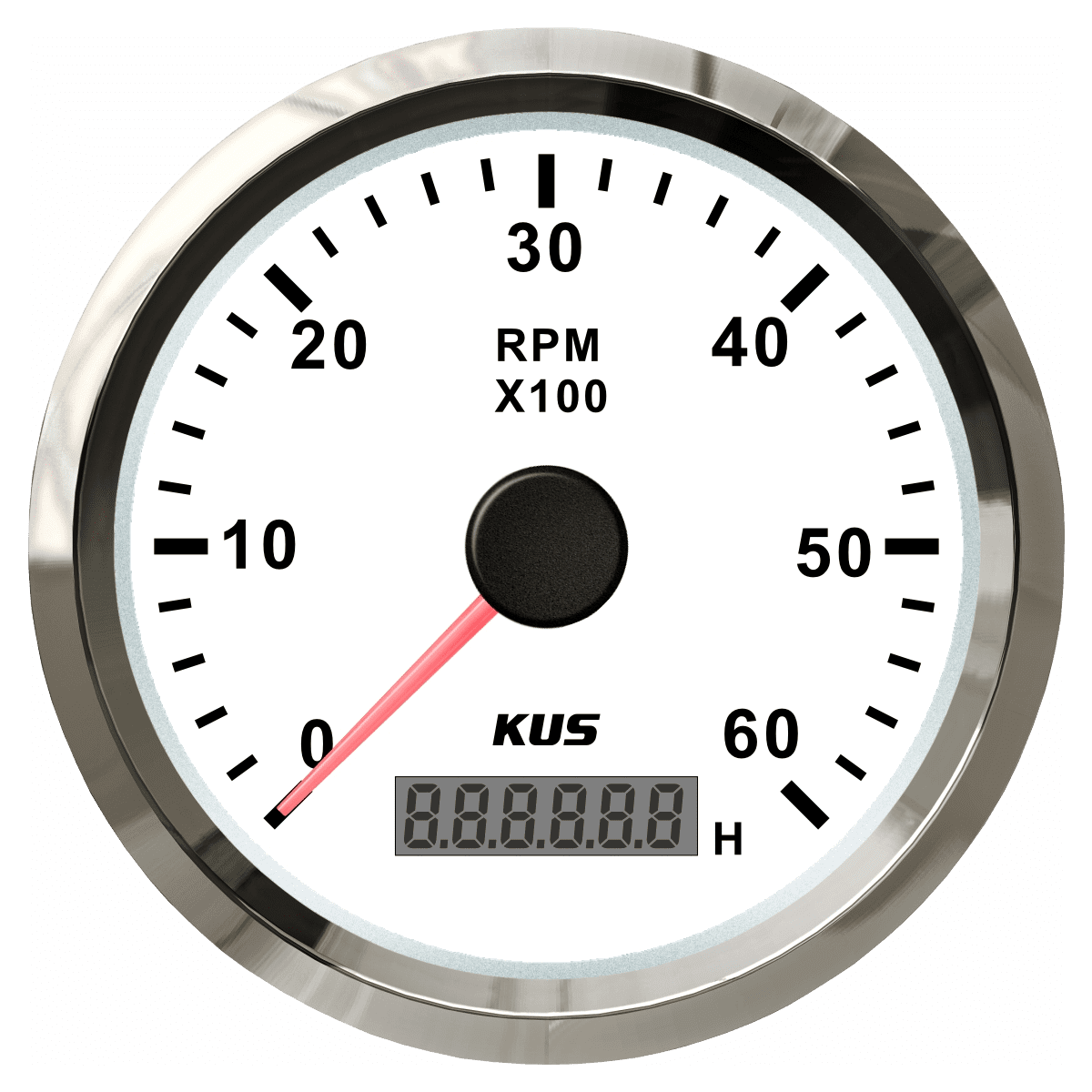Key Reasons Having a Tachometer Is Essential for Keeping Engine Wellness and Effectiveness
In the realm of vehicle upkeep, the importance of a tachometer can not be overemphasized - tachometer. This simple yet essential tool plays a critical duty in the upkeep of an engine's health and wellness and efficiency. By giving real-time data on engine rate and RPM levels, a tachometer supplies important understandings that directly influence the efficiency and durability of the engine. From stopping over-revving to maximizing fuel usage, the applications of a tachometer are diverse and crucial for any car owner or lover. So, why is this apparently simple device so important? Allow's discover the key reasons behind its critical duty in maintaining engine health and wellness and effectiveness.
Preventing Engine Over-Revving

To secure the engine from possible damage, it is necessary to apply measures that protect against over-revving, a technique that can lead to costly repairs and minimized engine lifespan. Over-revving takes place when the engine's rotational speed goes beyond the optimum limit established by the maker, creating undue anxiety on interior components such as pistons, valves, and connecting rods. This excessive stress can result in mechanical failings, consisting of curved valves, damaged pistons, and also tragic engine failure.
A rev limiter is a device that controls the optimum RPM (changes per min) of the engine by either cutting off fuel circulation or stimulate to the engine when the pre-set limit is reached. Normal maintenance checks to make sure the engine is in optimal condition can additionally help in avoiding over-revving occurrences and prolonging the engine's lifespan.
Enhancing Fuel Consumption
Effective gas consumption plays a vital function in making the most of the performance and sustainability of an engine. tachometer. Optimizing gas usage not only helps in decreasing functional prices however likewise reduces the environmental impact of automobile emissions. By utilizing a tachometer to monitor engine rate and readjust driving habits appropriately, vehicle drivers can attain far better fuel performance
Preserving a stable rate and staying clear of sudden accelerations and slowdowns can dramatically improve fuel economy. Furthermore, proper equipment choice based upon the tachometer readings makes sure that the engine runs within its optimum range, resulting in more reliable gas combustion.
Regularly keeping track of the tachometer can also help identify any type of ineffectiveness or mechanical concerns that might be influencing fuel usage. An abrupt rise in fuel usage without an equivalent modification in driving routines could show an issue that calls for interest.
Tracking Engine Wellness
Keeping an eye on engine health and wellness is necessary for guaranteeing optimum efficiency and longevity of the car. By using a tachometer to check engine speed, drivers can spot abnormalities that might suggest prospective problems with the engine. A tachometer offers real-time data on engine changes per min (RPM), allowing drivers to determine any kind of uncommon spikes or decreases in RPM that could signify problems such as misfires, damaged parts, or engine getting too hot.

Frequently pop over to these guys checking engine health and wellness with using a tachometer allows drivers to resolve concerns promptly before they rise and trigger substantial damage. Discovering a decrease in RPM might show gas distribution issues or a stopped up air filter, while an abrupt boost in RPM might aim to issues with the transmission or exhaust system. By remaining cautious and receptive to adjustments in engine performance, chauffeurs can protect against pricey repairs and guarantee the total health and efficiency of their lorry.
Expanding Engine Life Expectancy
Making sure the long life of an engine requires thorough upkeep techniques and mindful monitoring of crucial efficiency indicators. Prolonging an engine's lifespan is essential for minimizing general vehicle maintenance prices and staying clear of unexpected failures. A tachometer plays a significant duty in this element by offering real-time information on engine speed, permitting vehicle drivers and technicians to make enlightened decisions to stop extreme damage.

Additionally, routine maintenance based on tachometer analyses, such as prompt oil changes and spark plug substitutes, can significantly add to prolonging the engine's durability. In general, including a tachometer into routine engine surveillance practices is necessary for maintaining the engine's wellness and efficiency over the long term.
Saving Money on Repairs
To effectively take care of automobile maintenance costs and decrease unanticipated failures, leveraging the understandings offered by a tachometer can be instrumental in conserving money on repairs. A tachometer aids in checking the engine's RPM (transformations per minute), making it possible for vehicle drivers to run within the recommended array. By staying within these optimal RPM degrees, excessive pressure on the engine can be prevented, reducing the chance of expensive repairs because of exhausting the engine (tachometer). Additionally, a tachometer can signal chauffeurs to potential problems such as engine misfires or failing elements, permitting very early treatment before these troubles rise and result in more substantial-- and expensive-- repair services.
In addition, by using the data from a tachometer to exercise smooth acceleration and deceleration, motorists can lengthen the lifespan of their car's parts, inevitably saving money on maintenance and substitutes. On the whole, the understandings offered by a visit here tachometer encourage drivers to make informed decisions that can stop unneeded damage on the engine, leading to significant cost savings in the long run.
Conclusion
Finally, a tachometer plays an important function in keeping engine wellness and performance by preventing over-revving, optimizing gas consumption, monitoring engine health, extending engine lifespan, and saving money on repair work. It is a vital tool for guaranteeing that the engine operates within safe limits and performs at its ideal, inevitably adding to the durability and general performance of the car.